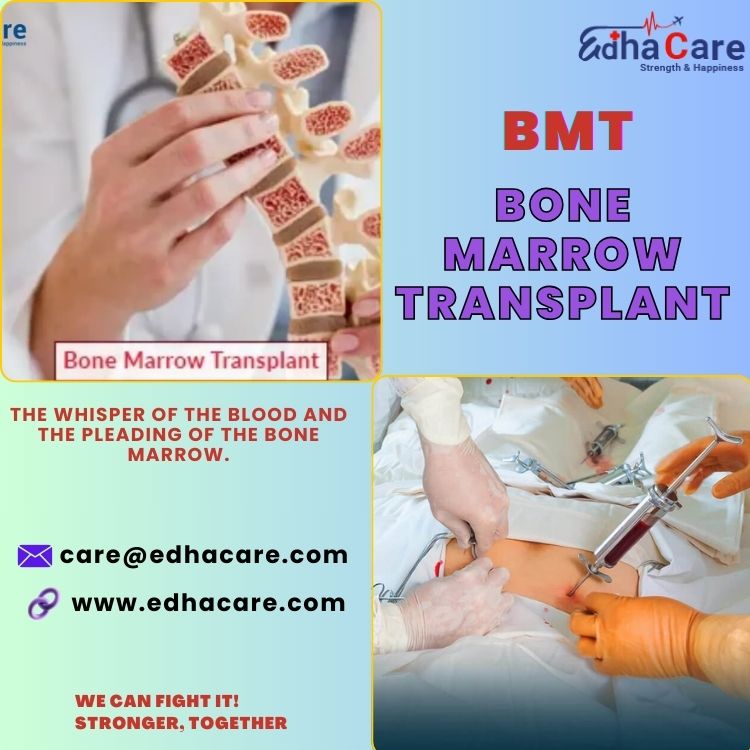A bone marrow transplant, also known as a hematopoietic stem cell transplant, is a complex procedure replacing damaged marrow with healthy tissue responsible for producing crucial blood cells. When marrow malfunctions, essential functions like oxygen transport, infection fighting, and blood clotting are affected, causing severe health issues. This transplant presents a chance for improved health but involves risks, making it a difficult choice for families.
Why Consider a Bone Marrow Transplant for a Child?
Bone marrow transplants are used to treat a range of conditions in children, including:
- Cancers: Leukemia, lymphoma, and other cancers affecting blood cells.
- Bone Marrow Failure Syndromes: Aplastic anemia, Fanconi anemia, and other conditions where the bone marrow fails to produce enough blood cells.
- Genetic Diseases: Thalassemia, sickle cell anemia, and other inherited disorders affecting blood cell production or function.
- Autoimmune Diseases: In some cases, such as juvenile idiopathic arthritis, a transplant may be considered.
The primary goal of a bone marrow transplant is to replace the damaged or diseased bone marrow with healthy marrow, allowing the child's body to produce normal, healthy blood cells. This can lead to a cure for some conditions, improve quality of life, and extend life expectancy.
The Benefits Of BMT:
For children with life-threatening conditions, a bone marrow transplant can be life-saving. It offers the potential for:
- Cure or Remission: For certain cancers and other diseases, a transplant can lead to a complete cure or long-term remission.
- Improved Quality of Life: By restoring healthy blood cell production, a transplant can alleviate symptoms, reduce the need for transfusions, and improve a child's overall well-being.
- Extended Lifespan: In many cases, a successful transplant can significantly extend a child's life.
The Risks Of BMT:
While a bone marrow transplant offers hope, it's crucial to understand the associated risks:
- Infection: The transplant process weakens the immune system, making children highly susceptible to infections, some of which can be life-threatening.
- Graft-versus-Host Disease (GVHD): This occurs when the donor's immune cells attack the recipient's tissues. GVHD can range from mild to severe and affect various organs.
- Organ Damage: The intensive chemotherapy and radiation used before a transplant can damage organs, such as the heart, lungs, and kidneys.
- Graft Failure: In some cases, the transplanted cells may not engraft (take root) in the recipient's bone marrow.
- Bleeding: The transplant process can increase the risk of bleeding.
- Anemia and Thrombocytopenia: Low red blood cell and platelet counts are common after a transplant, requiring transfusions.
- Secondary Cancers: There is a small risk of developing secondary cancers later in life.
- Emotional and Psychological Impact: The transplant process can be emotionally and psychologically challenging for both the child and the family.
Making the Decision:
Consider the complexities surrounding the decision on a bone marrow transplant by weighing risks and benefits, and engaging in open dialogue with the medical team. Families should research the condition, procedure, risks, and benefits, consult specialists, connect with those who have similar experiences, and involve the child based on age and understanding.
Conclusion:
A bone marrow transplant is a powerful tool in the fight against many serious childhood illnesses. While it offers hope for a healthier future, it's essential to weigh the potential benefits against the significant risks. By working closely with the medical team and carefully considering all aspects of the procedure, families can make informed decisions that are in the best interests of their child.
Other treatment information are also available by specialty:
https://www.edhacare.com/uz/treatments/orthopedic/dynamic-hip-screw
https://www.edhacare.com/uz/treatments/orthopedic/dynamic-hip-screw
https://www.edhacare.com/sw/blogs/how-to-cure-tonsils-permanently/
https://www.edhacare.com/mn/treatments/cancer/blood
https://www.edhacare.com/zh-TW/blogs/myocardial-bridge-symptoms/
https://www.edhacare.com/bg/treatments/gastroenterology/ascites-treatment
https://www.edhacare.com/tr/blogs/top-10-plastic-surgeons-in-turkey/
https://www.edhacare.com/bg/blogs/liver-cancer-symptoms/
https://www.edhacare.com/sk/treatments/gynecology/breast-biopsy





Comments